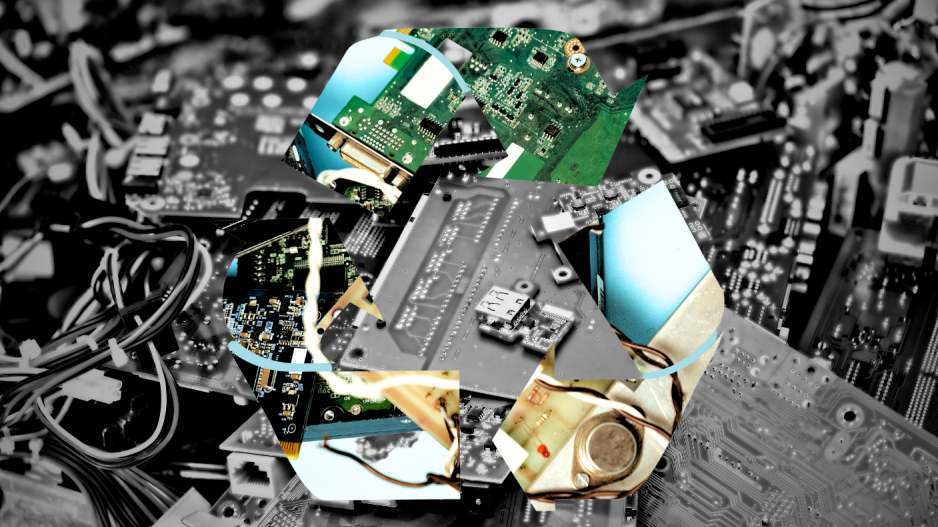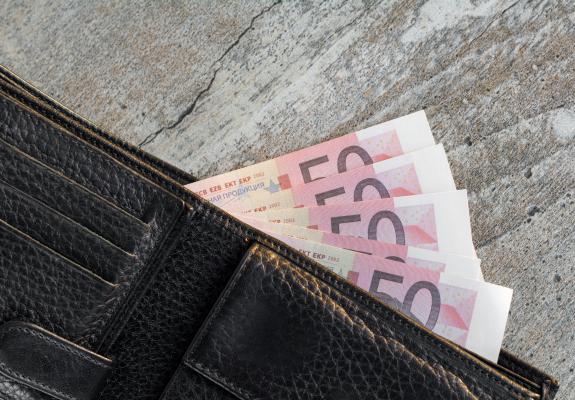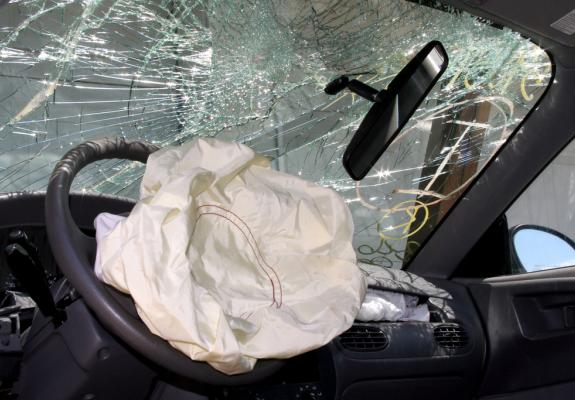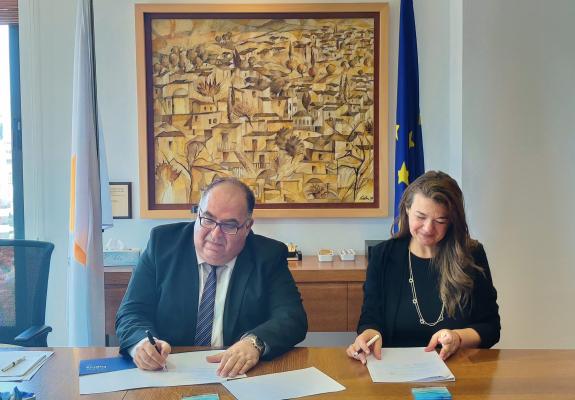Navigating Through the Digital Tide - E-Waste in Cyprus
E-waste, in its essence, is a reflection of our digital era – abundant yet, if mismanaged, perilous.
Today, 4.9 billion people wield the power of the internet, emphasizing that electronic devices weave into every fabric of our daily lives. This sparks an undercurrent of a less visible, but impactful, global challenge: e-waste. When we replace our devices for newer, shinier models, it is important to ensure that the previous ones circle their way back into the market either by selling or donating them, or recycling them so that their parts can be reused.
Annually, the world gazes upon 53.6 million metric tons of e-waste, while only 17.4 percent recycles into a new purposeful existence. With a cascade of discarded devices, e-waste, a hodgepodge of malfunctioning, outdated, or simply unwanted electronic devices burgeons into a crucial global concern, highlighting the importance of conscientious disposal and reuse practices.
When electronic devices descend into obsolescence and blend with the landscape of discarded waste, the environmental aftermath silently unfolds. The intricate components of e-waste, particularly heavy metals like lead and mercury, become clandestine agents of environmental degradation, sullying the earth and water.
These components, if thoughtfully reclaimed, could serve as significant reservoirs of precious metals. Strikingly, one ton of mobile phones, batteries aside, could furnish 340 grams of gold, a yield often more lucrative than that of conventional gold mining. In fact, according to the European Commission’s findings, 33 million tonnes of e-waste in 2021 were exported from the EU to non-EU countries, highlighting potential loss of access to precious minerals found within electronic devices.
Reclaiming them could channel back into the manufacturing stream, emerging anew in electronics, closing a potentially sustainable loop of use and reuse.
In Cyprus, the narrative of e-waste unobtrusively punctuates the nation’s developmental trajectory. While per capita e-waste generation numbered at 17.2 kg per inhabitant in 2017, Cyprus seemingly operates in the shadows of the global e-waste dialogue.
An adherence to the European Union's WEEE Directive provides a skeletal framework for e-waste management, yet one can argue that a more granular, Cyprus-centric approach is warranted to meticulously address the nation’s e-waste conundrum.
There are several organizations in Cyprus dedicated to facilitating the efficient recycling and reuse of e-waste, including Green Dot, Cyta, the Cyprus Circular Economy Network, and more. Cyprus’ cooperation with the Green Dot in e-waste management spans almost two decades, with the establishment of WEEE (Waste Management of Electrical and Electronic Equipment) Cyprus.
CYTA, a leading telecom agency in Cyprus is also committed to promoting and facilitating a dedicated e-waste recycling culture through their Program for Recycling and Re-use of mobile phones no longer needed. Their program details the various methods and avenues for recycling old mobile phones, emphasizing prudence in ensuring a clean environment and efficient recycling of devices.
The program’s motto reads as “give life to your old mobile phone. Recycle it!” The emphasis on giving renewed purpose through recycling highlights the pertinence of e-waste in a circular economy.
Another advocate for forward-thinking in e-waste management and recycling is the Cyprus Circular Economy Platform. The organization advocates for sustainable practices, particularly with e-waste. In 2021, the organization hosted a series aimed to educate companies and individuals on the impact of e-waste, the value of materials in electronic devices, how the circular economy principles apply to e-waste, and a deep dive into the integration of life-cycle designs as a skill-set and organizational goals.
Cyprus, in its bid to fortify e-waste management, might consider a leaf from the practices of nations like Sweden, where the e-waste management infrastructure is underpinned by robust recycling systems and vigilant regulatory oversight. However, importing practices may demand a recalibration to resonate with Cyprus’s socio-economic and cultural contours.
Give life to your old mobile phone. Recycle it!
While strict regulations can sculpt the contours of effective e-waste management, the amalgamation of public engagement and corporate accountability forms the heart of an effective e-waste strategy. Initiating public awareness campaigns, fostering e-waste recycling education, and enabling access to e-waste disposal and recycling methods pave the foundational path towards a future where e-waste is viewed not as trash, but as a resource awaiting renewal.
Exploring incentivization mechanisms to encourage both individual and corporate e-waste recycling, paired with establishing pragmatic, user-friendly recycling centers, could ease the journey of electronic devices from obsolescence to recycling, replenishing the resource stream and mitigating environmental impact.
E-waste, in its essence, is a reflection of our digital era – abundant yet, if mismanaged, perilous. Cyprus, amidst its progress, stands at a pivotal juncture to weave sustainability into its developmental fabric, ensuring that technological progress does not silently spell environmental regression.
Envisioning a future where e-waste becomes a resource, rather than a residue, demands global collaboration, stringent regulations, and a cultural shift towards recognizing the latent potential nestled within our discarded devices.
In threading through the digital advances of our age, there lies an opportunity to sculpt a future where technology and environmental sustainability coexist harmoniously. Nurturing this symbiosis is imperative to ensure that the digitized marvels of today do not clandestinely morph into the environmental quandaries of our future.






